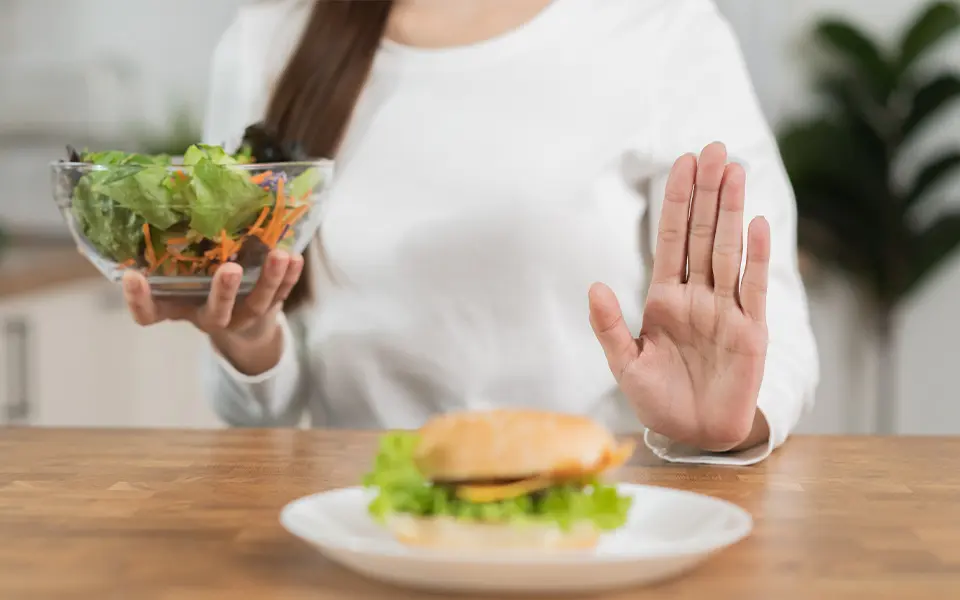July 15, 2023
Foods and Drinks to Avoid on Dialysis
Learning how to live with kidney disease includes knowing which foods and beverages to avoid that could affect your dialysis treatment. It’s important to be mindful of your potassium, phosphorus and sodium intake.

How Potassium Affects Your Body
If you have kidney disease or acute kidney disease, your body can’t regulate the amount of potassium in your blood. Potassium helps regulate your heartbeat, but too much of it can alter your heart rhythm.
These foods and beverages are high in potassium and should be limited or eliminated from your diet:
Bananas: This go-to source of potassium can be problematic if you eat it between dialysis treatments. Swap it for pineapple if you want to eat tropical fruit.
Avocados: An average-sized avocado has about 690 milligrams of potassium. Eat it in smaller portions if you want to keep it in your diet.
Oranges and orange juice: Oranges have too much potassium for a renal diet. Substitute them for grapes or apples.
Potatoes: You can cut and soak potatoes to leach some of their potassium before cooking them.
Dried fruits: Raisins, dates and prunes are concentrated sources of potassium and should be avoided.
Tomatoes: Be mindful of using tomatoes in recipes. Try adding red pepper in place of tomatoes to sauces, soups and salads.
Why You Need to Reduce Phosphorous
Most cells in your body contain phosphorus, which helps them grow and repair themselves. Phosphorus can accumulate in your body if your kidneys don’t work properly, drawing calcium out of your bones and increasing your risk of breaks and fractures.
Foods that are high in phosphorus include:
Dark soda: Cola and other brown sodas have phosphorus additives used to enhance flavor.
Whole grains: While whole grains are generally considered a healthier alternative to white bread, rice and pasta, they have more phosphorus.
Dairy products: Cheese, milk and yogurt are naturally high in phosphorus. Rice and almond milk are good alternatives to animal milk.
Poultry: Dark meat from chicken and turkey tends to have slightly less phosphorus than light meat.
Sodium and Kidney Disease
Too much sodium increases your fluid retention and can make you thirsty. You could get uncomfortable or sick if you have too much fluid in your body before beginning dialysis. You may experience dialysis side effects including cramps, nausea, dizziness and decreased blood pressure.
High-sodium foods include:
Canned foods: Canned vegetables, beans and soups use sodium as a preservative. Look for low-sodium options if you want to keep those items in your diet.
Processed meat: Hotdogs, bacon, sausage, pepperoni and jerky have lots of sodium and other preservatives that aren’t suitable for a renal diet.
Pickles and olives: Sodium is a pickling ingredient, but there are low-sodium pickles and olives.
Premade meals: Frozen pizzas, microwave meals and instant noodles are packed with sodium.
Chips and crackers: Those snack foods can overload your body with salt, especially if you’re eating them by the handful.
Renal Care in Ohio, Pennsylvania and Florida
Embassy Healthcare’s Empower Renal program provides quality dialysis treatment to help you manage your kidney disease. We offer clinical coordination with our renal care staff to help you optimize your wellness.
Our renal care also includes dietary services to help you monitor your nutrient levels and create a kidney-friendly diet. And because conditions such as diabetes and high blood pressure can impact kidney disease, we will provide comprehensive services to manage your overall health.
Call 216-378-2050 or contact us online to learn more about our dialysis treatment services.
